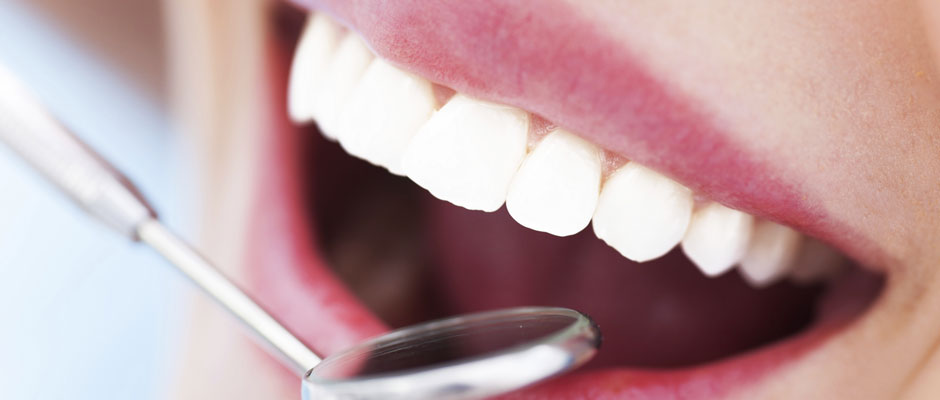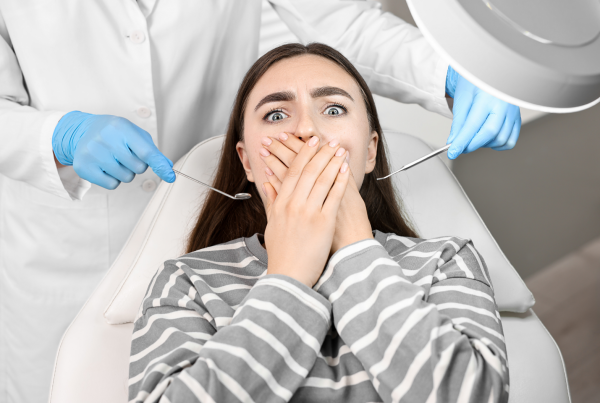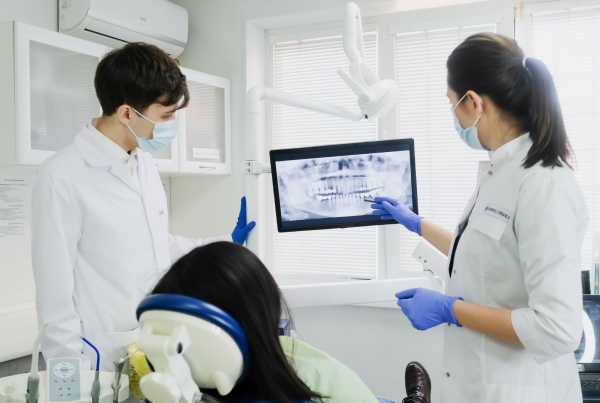There are a lot of different types of oral cancers, and the condition can become life threatening if you don’t receive an early diagnosis. Oral cancer can affect the lips, cheeks, floor of the mouth, the sinuses and the hard and soft palate. If you think about it, the person who most often examines the inside of your mouth is your dentist, and in fact dentists are specially trained to detect any early signs of cancer, or to pick up changes to the tissues in your mouth.
Comprehensive head and neck exam
When you first visit Tsawwassen Place Dental, Dr. Larry Leslie will examine your head and neck area, including all the soft tissues in your mouth to see if you have any of the early signs of this disease. Even though this cancer is not very well-known, it is worth bearing in mind that an estimated 4,300 Canadians will have been diagnosed with this disease in 2014*, and around a quarter will die. A simple check could save your life.
This check is largely visual, and one way we can help detect it is through the use of a device called a Velscope. This non-invasive device emits a blue light that is used to inspect the inside of your mouth, and the light causes the mouth to fluoresce. Any abnormal tissue changes show up as a slightly different colour, and can help detect cancerous and precancerous changes to tissues before they are so easily visible to the naked eye.
Who is at risk of getting Oral Cancer?
Men are twice as likely to develop oral cancer as women, particularly those over the age of fifty. Other risk factors include smoking, excessive alcohol use, excessive exposure to the sun, and a family history of cancer. However it is very important to note that around a quarter of all oral cancers occur in people who have no known risk factors.
What are the most common symptoms of Oral Cancer?
There are a lot of different symptoms that might develop, and which include:
- Noticing an area has become more swollen or that the tissue is rougher or bumpier.
- You might develop patches of white or red skin in your mouth.
- Noticing unexplained bleeding in your mouth.
- Having a persistent sore patch in your mouth that doesn’t heal after a couple of weeks.
- It could feel as if something is caught in your throat, or you might have difficulty swallowing.
- It might become more difficult to move your jaw, or your teeth could fit together slightly differently. If you wear dentures they may not fit so well.
- You could develop a sore throat, or your voice might become hoarse.
- Feeling unexplained tenderness or pain in part of your face, or that an area has become numb.
As you can see, there are many different types of symptoms, and many could be an indication of something much less serious, but it is important not to ignore any possible signs, and to seek professional help and advice as soon as you can.
Call us for an examination: 604.943.7421
Request an appointment with this convenient online form
* Source: Canadian Cancer Society





